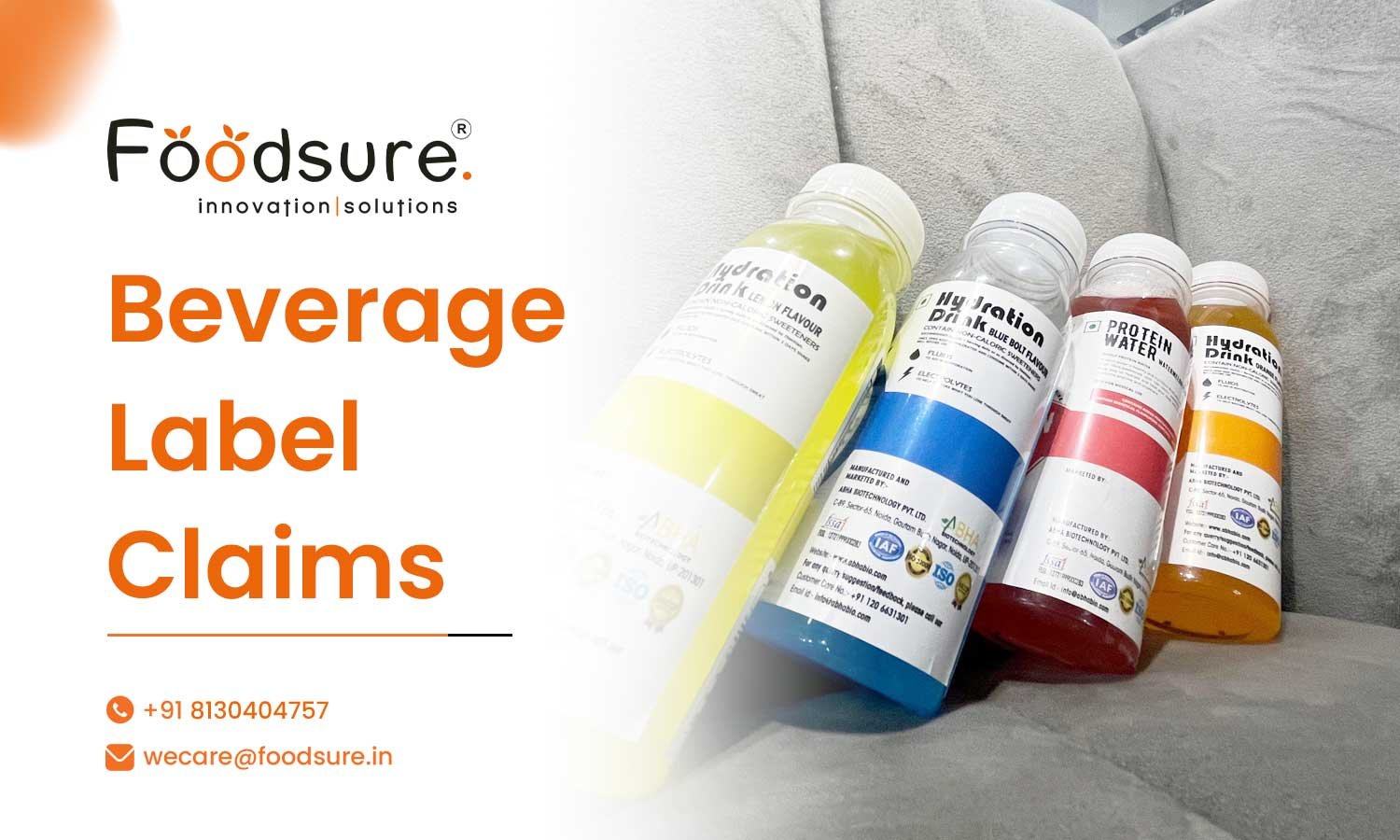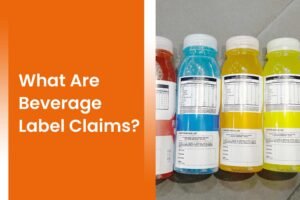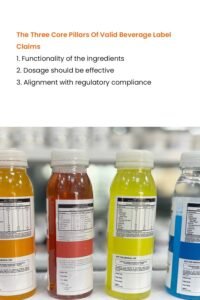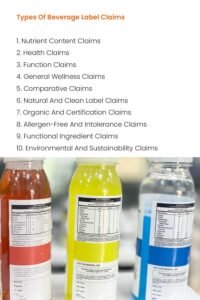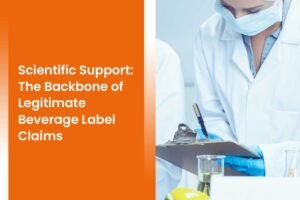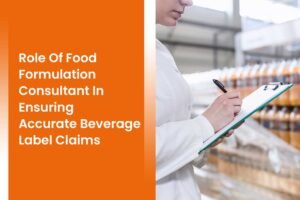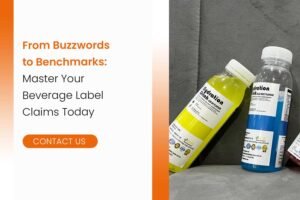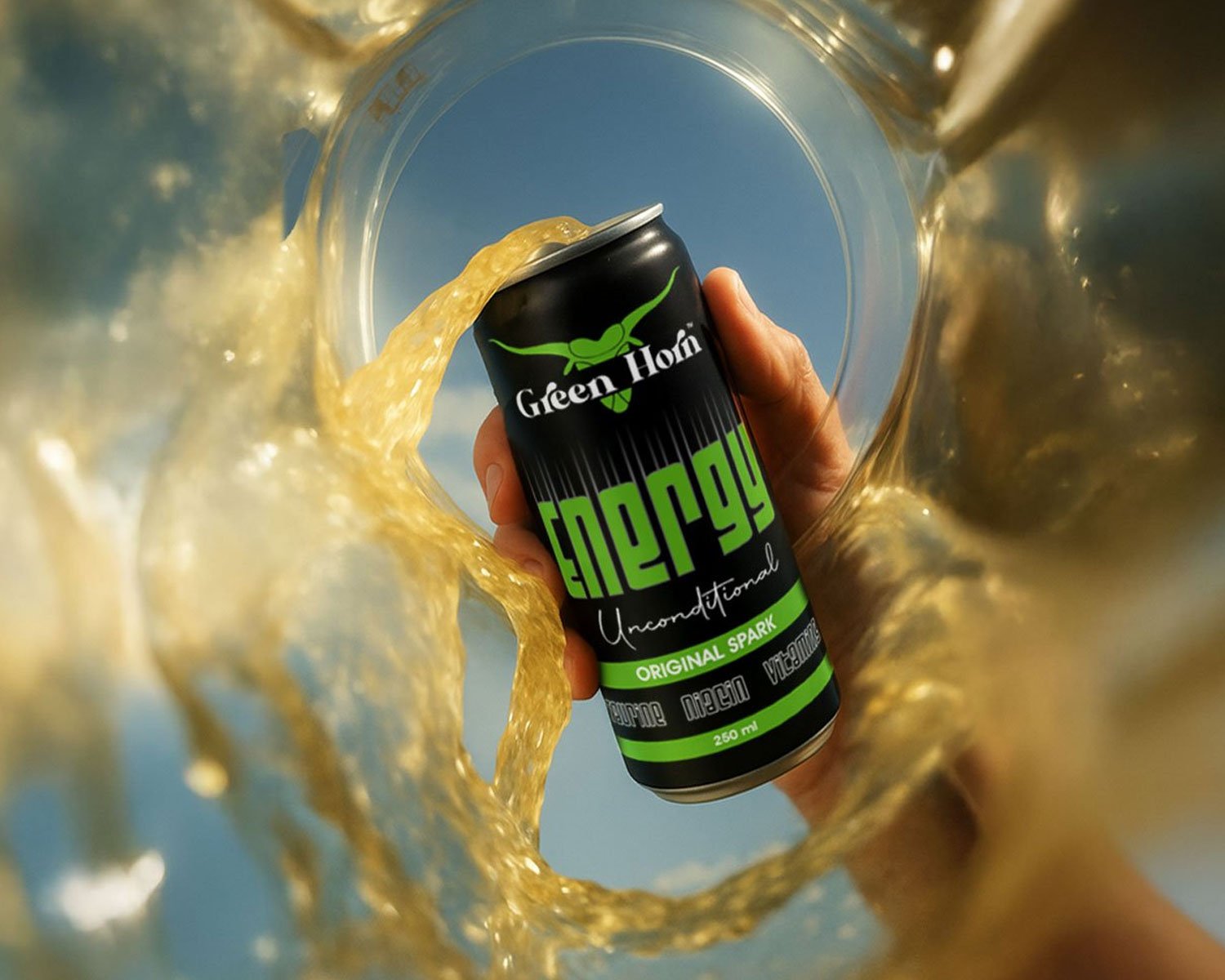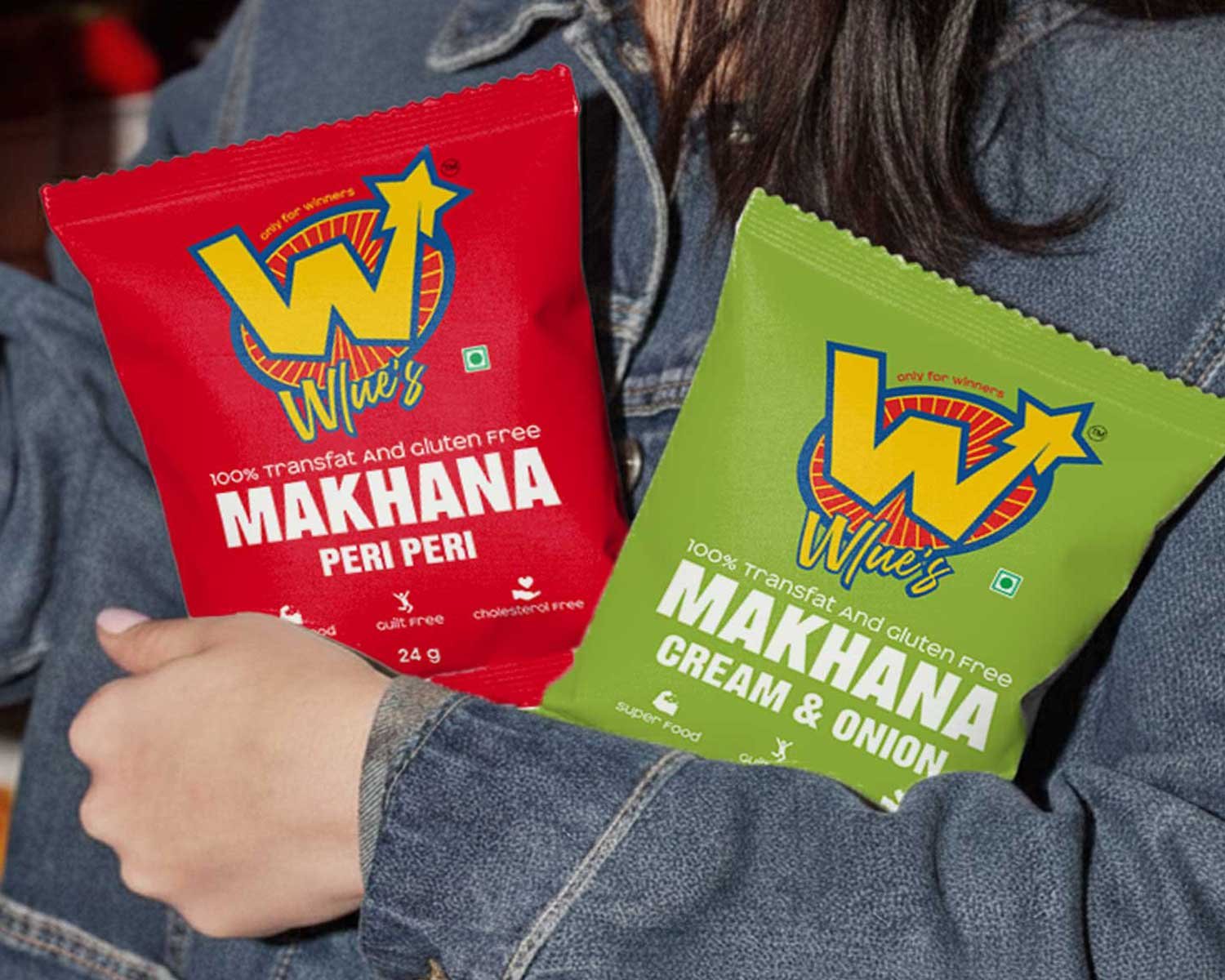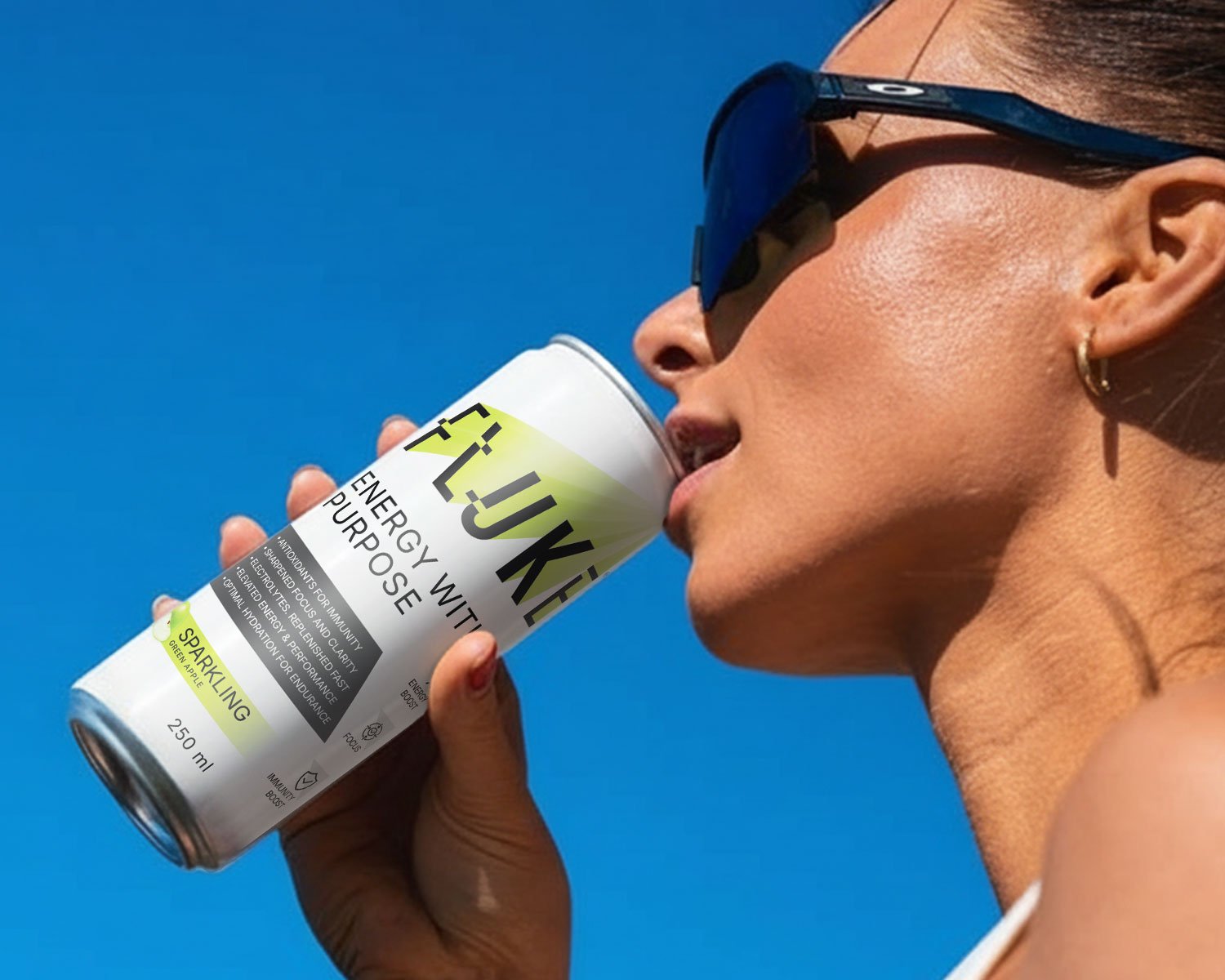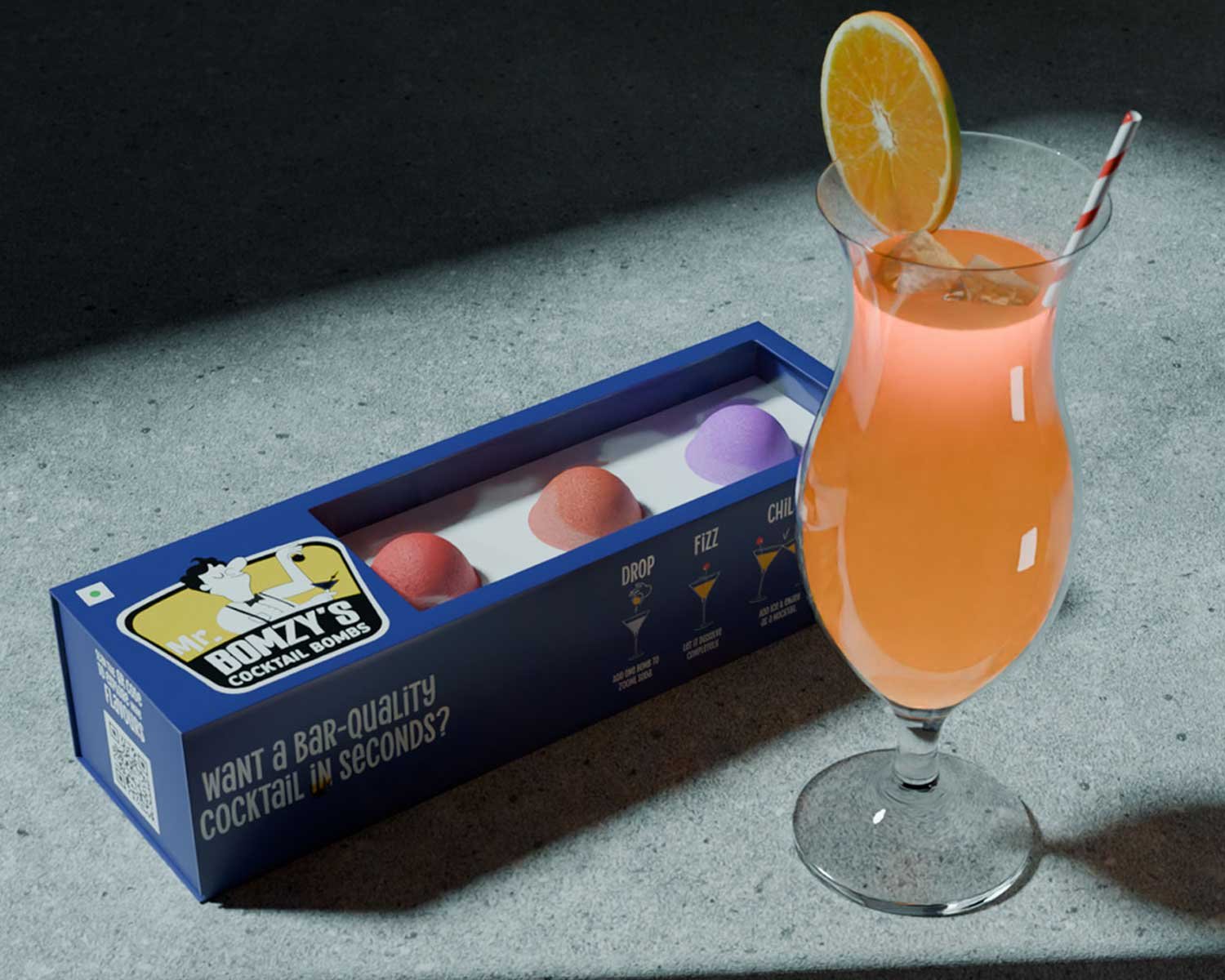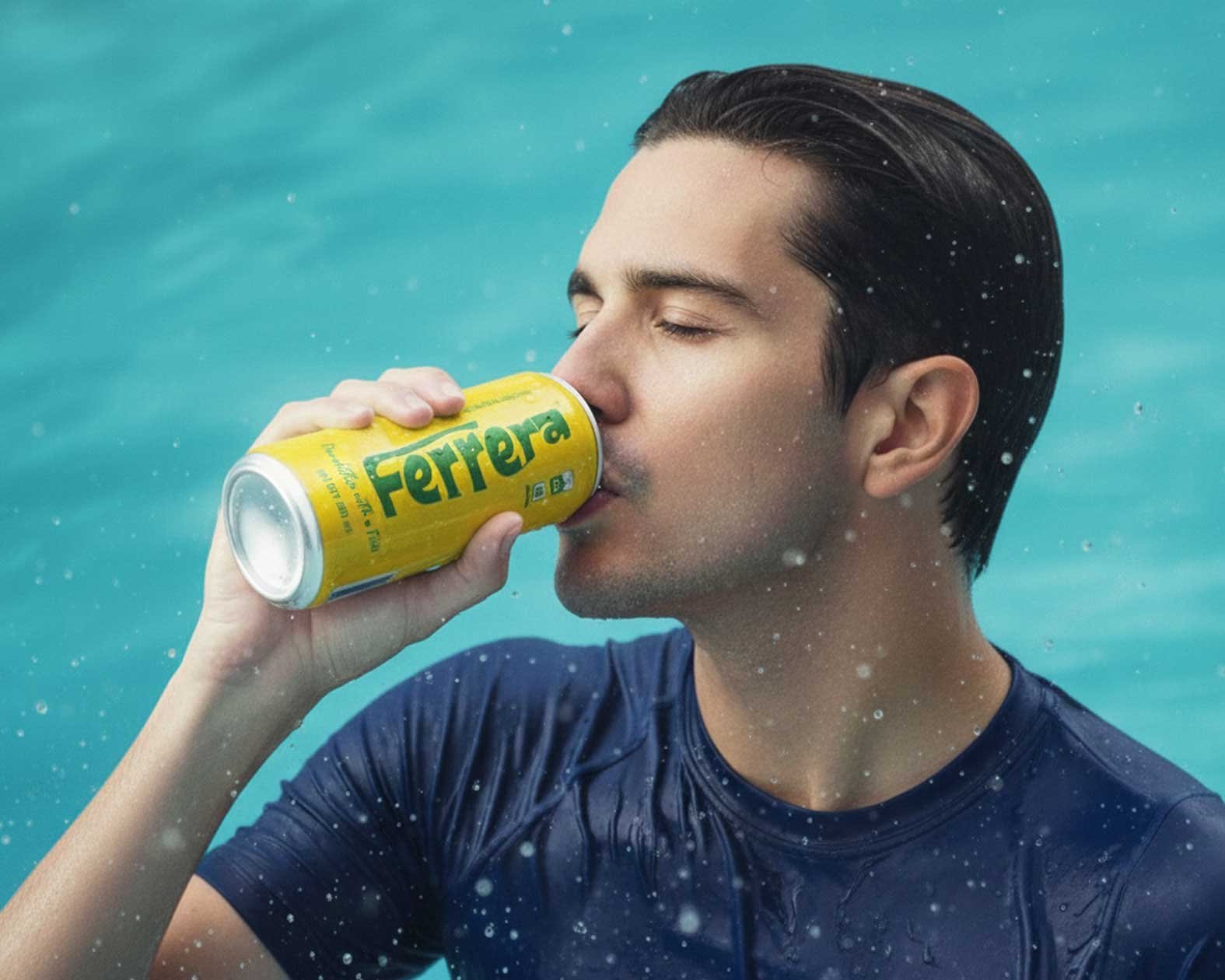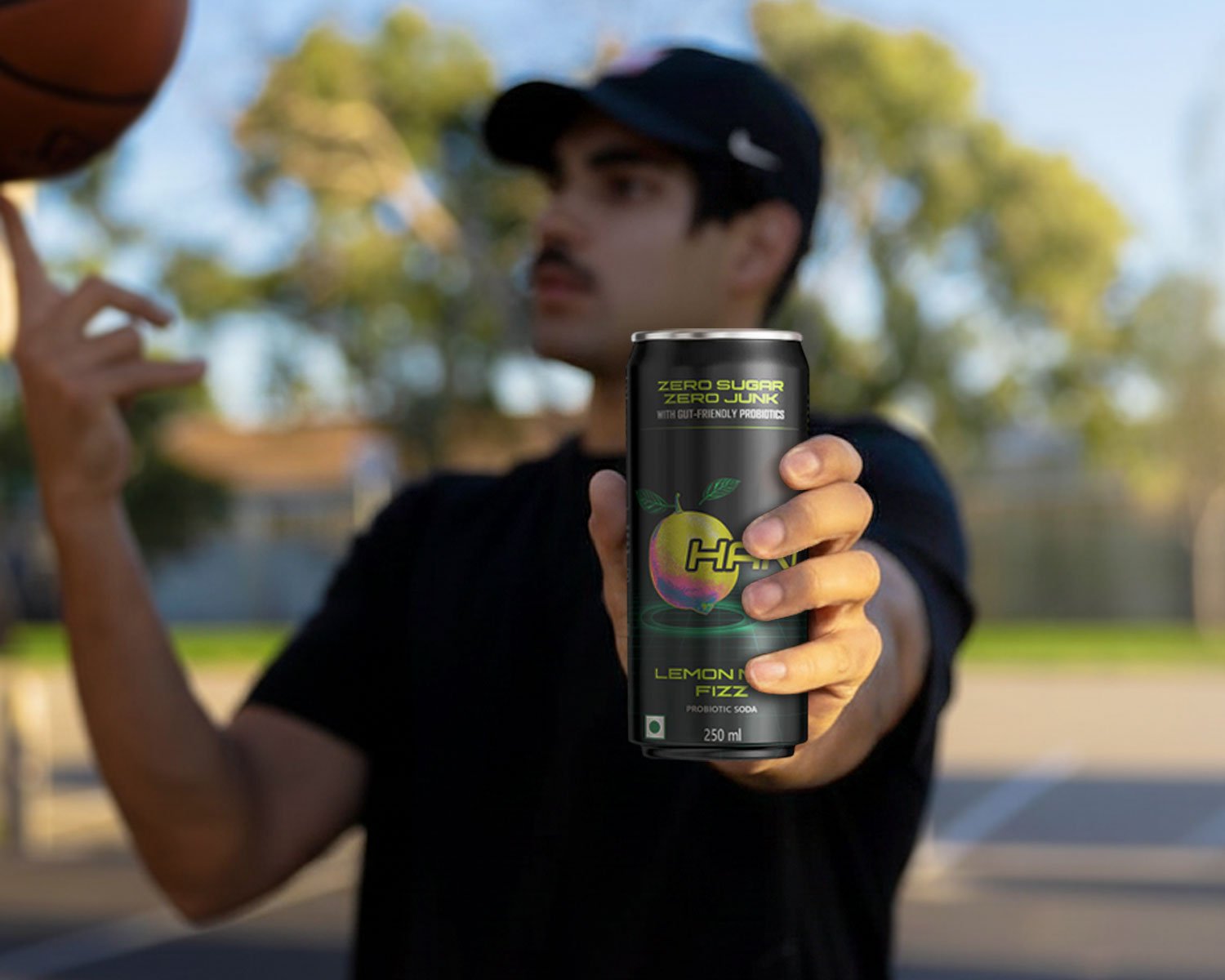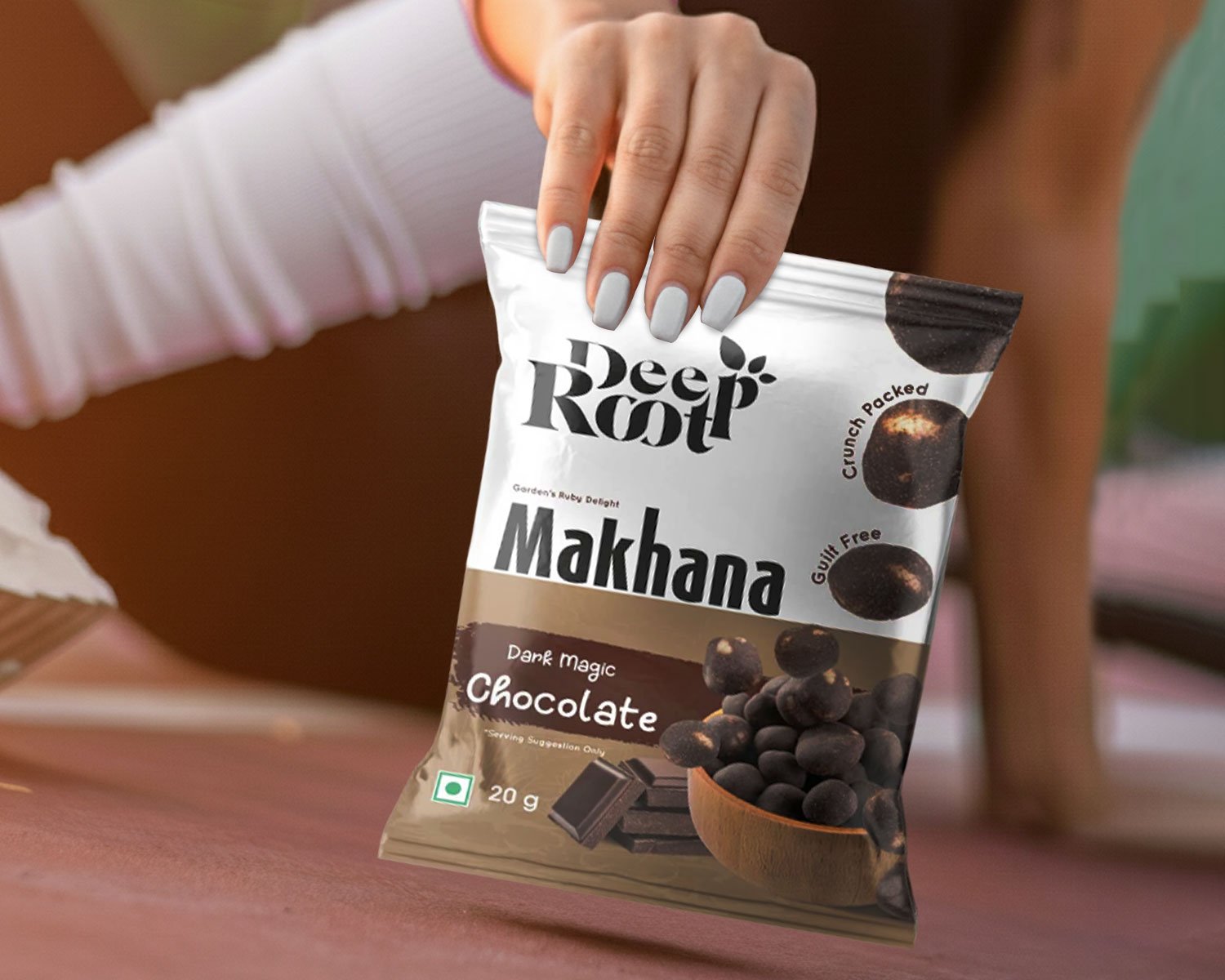In an era of functional nutrition, people look closely at what’s written on food and drink labels. For beverage brands, label claims like “low sugar” or “boosts energy” are more than just selling points; they are the legal promises. You are either making a hydration drink, a plant-based shake, or an herbal beverage; the label is your brand’s first way of attracting the customer.
By 2025, it is important for every beverage brand to meet the FSSAI to make their beverage label claims honest and that are proven by science.
This guide will explain everything about beverage label claims, what they are, the different types, how to check if they are correct, common mistakes, and how to write them properly.
What Are Beverage Label Claims?
The beverage label claims are the statements that are printed on the packaging of a beverage product to describe its nutritional content, functional benefits, ingredient sources, or health effects. These label claims change the choice of the consumers if they are correct, evidence-based, and approved by the regulatory authorities like the FSSAI.
Unlike catchy slogans, beverage label claims must be proven scientifically. They should not mislead the consumers. For instance, saying “boosts immunity” requires not only the presence of proven ingredients like zinc or vitamin C but also proper and accurate dosage and bioavailability.
The Three Core Pillars Of Valid Beverage Label Claims
To make a compliant beverage label claim, it must be based on three non-negotiables:
- Functionality of the ingredients – The ingredients in the beverage should provide proven functional or nutritional benefits.
- Dosage should be effective – The functional ingredients must be present in an amount proven to yield the claimed benefit.
- Alignment with regulatory compliance – The beverage label claim must conform to regional food labeling laws (e.g., FSSAI, FDA, EFSA).
Let’s now break down the major types of claims and how they work in the beverage industry.
Types Of Beverage Label Claims
1. Nutrient Content Claims
These beverage nutrient content label claims indicate the level of nutrients in a beverage, like “low sugar” or “high in Vitamin C.” These claims must meet the regulatory compliance set by FSSAI or other such bodies. Nutrient content claims help consumers make quick, informed choices about health-related attributes.
2. Health Claims
The beverage health claims link a nutrient or ingredient to a specific health benefit, like “calcium supports bone health.” These must be scientifically proven and need to be FSSAI-approved. They are properly regulated due to their strong influence on consumer decisions.
3. Function Claims
These beverage functional label claims describe how a nutrient supports normal body functions, like “supports digestion” or “aids hydration.” They don’t reference diseases and are commonly used in functional beverages. These claims must be truthful and based on accepted nutrition science.
4. General Wellness Claims
These are broad, lifestyle-oriented statements like “refreshing and revitalizing.” The beverage general wellness label claims are less regulated, but still should not mislead consumers. Such claims focus on emotional appeal and match well with clean-label or natural-positioned beverages.
5. Comparative Claims
The beverage comparative label claims compare the product to another, such as “50% less sugar than cola.” They must specify the comparison clearly and should be proven by scientific data. Regulatory bodies require transparency to avoid deceptive comparisons.
6. Natural And Clean Label Claims
Beverage natural and clean label claims like “100% natural” or “no preservatives” fall under the type of natural & clean label claims. While popular with health-conscious consumers, they must be used responsibly. Beverage clean-label claims should have minimal processing and transparency.
7. Organic And Certification Claims
“Certified Organic” or “Jaivik Bharat Compliant” claims mean the beverage meets organic standards. The beverage organic and certification label claims require valid certifications and cannot be used loosely. They build trust with eco-conscious and health-aware buyers.
8. Allergen-Free And Intolerance Claims
Statements like “gluten-free” or “lactose-free” cater to sensitive consumers. They must follow strict regulatory guidelines to ensure safety. These beverage allergen-free and intolerance label claims increase accessibility and consumer confidence.
9. Functional Ingredient Claims
These highlights added ingredients like “with Ashwagandha” or “infused with electrolytes.” They are mostly used in wellness and sports drinks. Such beverage functional ingredient claims should support hydration, energy, or stress-relief benefits.
10. Environmental And Sustainability Claims
Claims such as “eco-friendly packaging” or “carbon-neutral” appeal to sustainability-conscious consumers. These beverage environmental and sustainability label claims need proper verification to avoid fake environmental claims. They help position the brand as environmentally responsible.
How To Make Claims That Comply With FSSAI Labeling Regulations?
FSSAI provides detailed and complete guidance for beverages under the Food Safety and Standards (Advertising and Claims) Regulations, 2018, and subsequent labeling regulations in 2020 and 2021. Here’s how to make sure that your label claims comply:
- Refer to Schedule IV – This lists permitted health claims and their conditions.
- Make sure the lab testing from NABL-certified facilities to verify nutrient levels.
- Don’t claim prevention or cure for diseases unless authorized (i.e., under nutraceutical or medical foods).
- List the ingredient quantity if it is the basis of the claim, especially for vitamins, minerals, amino acids, or herbal extracts.
- Include required disclaimers, especially for fortified or functional products.
Scientific Support: The Backbone Of Legitimate Beverage Label Claims
No matter how attractive your marketing is, without science, your beverage label would not stand a chance. Prove every beverage label claim with:
- Peer-reviewed studies (PubMed-indexed or similar)
- Standardized dosages used in the beverage
- Published white papers or position statements by reputed nutrition bodies
- In-house or third-party lab reports on active content
If your beverage recipe formulation includes ingredients like ashwagandha, L-theanine, or plant sterols, make sure the dose is effective and the studies support your wording.
Common Mistakes Beverage Brands Make With Label Claims
Even brands with great intentions mostly fall into regulatory traps due to a lack of clarity or oversight.
Here are some of the most frequent beverage label claim mistakes:
- Using “sugar-free” while still including natural sweeteners or fruit concentrates
- Claiming immunity support without scientific references
- Overusing buzzwords like “natural” or “detox” without documentation
- Replicating international label claims of beverages from the FDA or EFSA without checking the FSSAI guidelines
- Forgetting disclaimers on nutraceutical claims (e.g., “Not intended to treat any disease”)
These errors can lead to fines, product recall, or rejection from modern retail stores and exports.
Emerging Trends In Beverage Label Claims In 2025
The beverage industry is transforming rapidly, and so are expectations of consumers in label claims:
- QR Code-Linked Claims – Digital transparency will become mainstream. Consumers scan to view studies, lab results, and ingredient origin.
- Environmental Claims – “Plastic neutral,” “carbon positive,” or “sustainably sourced” are rising, but must be proven.
- Front-of-Pack Scoring – Government-led nutrition rating systems will demand restructured labeling and simplified claim hierarchy.
- Regional Customization – Claims in vernacular languages, Ayurvedic positioning, and culturally relevant statements are emerging in tier-2 cities.
The beverage brands that win in the future are those that combine scientific truth, regulatory compliance, and emotional resonance.
Role Of The Food Formulation Consultant In Ensuring Accurate Beverage Label Claims
Partnering with a beverage product development expert and regulatory compliance consultant ensures:
- Ingredient sourcing meets with functional claims
- Nutrition labels reflect laboratory-verified data
- Label artwork follows font size, allergen info, and front-of-pack rules
- Export-ready labels are adapted to different markets (FDA, EFSA, Gulf countries)
- The marketing team and the legal team work in sync
This is important for beverage startups and premium wellness brands that rely heavily on functional benefits for product positioning.
From Buzzwords To Benchmarks: Master Your Beverage Label Claims Today
Using words like “natural” or “refreshing” is not enough anymore, especially when rules are strict and buyers are smart.
We help you turn your drink’s real benefits into clear, honest, and FSSAI-approved beverage label claims that work for both your customer and the law.
- Say only what you can prove.
- Avoid legal trouble and confusion
- Build real trust with every label
Let’s get your label claims right before your product hits the shelf. We’ll help you keep it simple, smart, and safe. Contact us at +91 8130404757.

